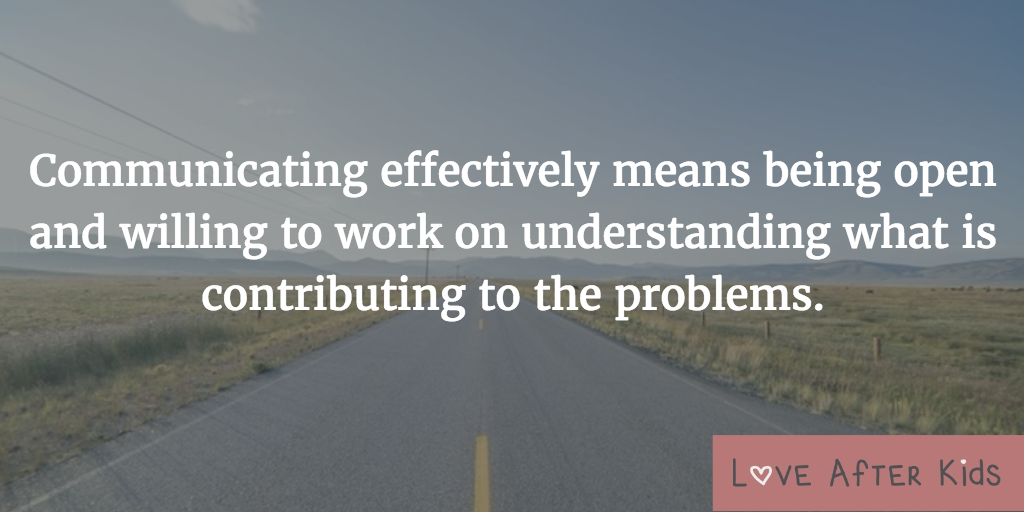|
When I hear people say that relationships shouldn’t feel like work, I cringe. Unfortunately, this is a classic symptom of the lack of education in our society regarding relationships and communication. Let me go ahead and debunk this myth now. Relationships don’t just take work. They take blood, sweat and tears. Yet, it is absolutely worth every bit of effort for the love and cooperation you’ll experience. Complacency is the opiate of relationships. It is a breeding ground for assumptions, lack of communication, resentment, distance and the inevitable demise of the relationship. We go to the gym to exercise our bodies, to therapy and meditation to exercise our minds, to countless spiritual havens for the soul. What do we do to regularly work on and feed our relationships? What do you do to regularly work and feed your relationship? This post is a springboard to help you explore different ways that you can incorporate quick and easy couples therapy exercises into your routine. Try them out and go with the ones that work for you and your partner best. Make it as regular as brushing your teeth or morning Joe. Take 10 minutes every day to sit together just the two of you to check in. Ask each other how you’re doing/feeling. Ask if anything is on each other’s minds you want to share. Don’t try to solve any problems. Just listen. Ask if there’s anything you can do to support each other with whatever is going on.
Comments
When kids are born, you have less time for yourself and your partner. Most of your energy goes toward the kids. You get used to not asking things of each other. The less you rely on your partner, the less connected you feel to your own needs and to their needs. This is because needs are inherently relationship bound. You need things from your partner, your environment, your friends, your workplace and your family. As you subjugate your needs, that space can grow to become filled by resentment, deprivation and negative assumptions. The longer this persists, the more entrenched you become in these patterns. The more deprived you feel, the less likely you are to give. It turns into a competition over who does more, who gives more, and who suffers more. In this article you will learn several practical ways to end this vicious cycle. To start, allow me to offer a couple of foundational tips for communicating effectively with your partner:
Self-sabotageThink about your partner's communication style. Does he tend to need time to process before responding? Is he especially sensitive to criticism?
When you expect to not get what you want, you’ll tend to act in a way that confirms that negative expectation, which then creates a self-fulfilling prophecy. Wait a second (you may be thinking). Why would I sabotage my own needs?!?! This is such a crucial question to think about. It's not rational. It's not conscious. But there is a specific kind of satisfaction that's derived from proving you are right about being a victim... that your needs won't be met. Such “pleasure” can be so strong that it overrides the underlying need. In other words, it becomes more important to confirm your deprivation than to actually get what you need and want. This is known as the confirmation bias, which is the tendency to search for information that proves what you already think. This sabotaging part does not expect her needs to be met. It's like “the devil you know.” People are often shocked when I explain this concept. They don't believe that they would do such a thing... but it's common human behavior. It doesn't mean that you have a “bad” relationship. Nor does it mean that you have multiple personalities. It means you need to work on how to communicate effectively. Communicating effectively means being open and willing to work on understanding what is contributing to the problems. Work at understanding your own role, triggers and what you may inadvertently be doing to antagonize your partner. |
Archives
March 2022
Categories |



 RSS Feed
RSS Feed